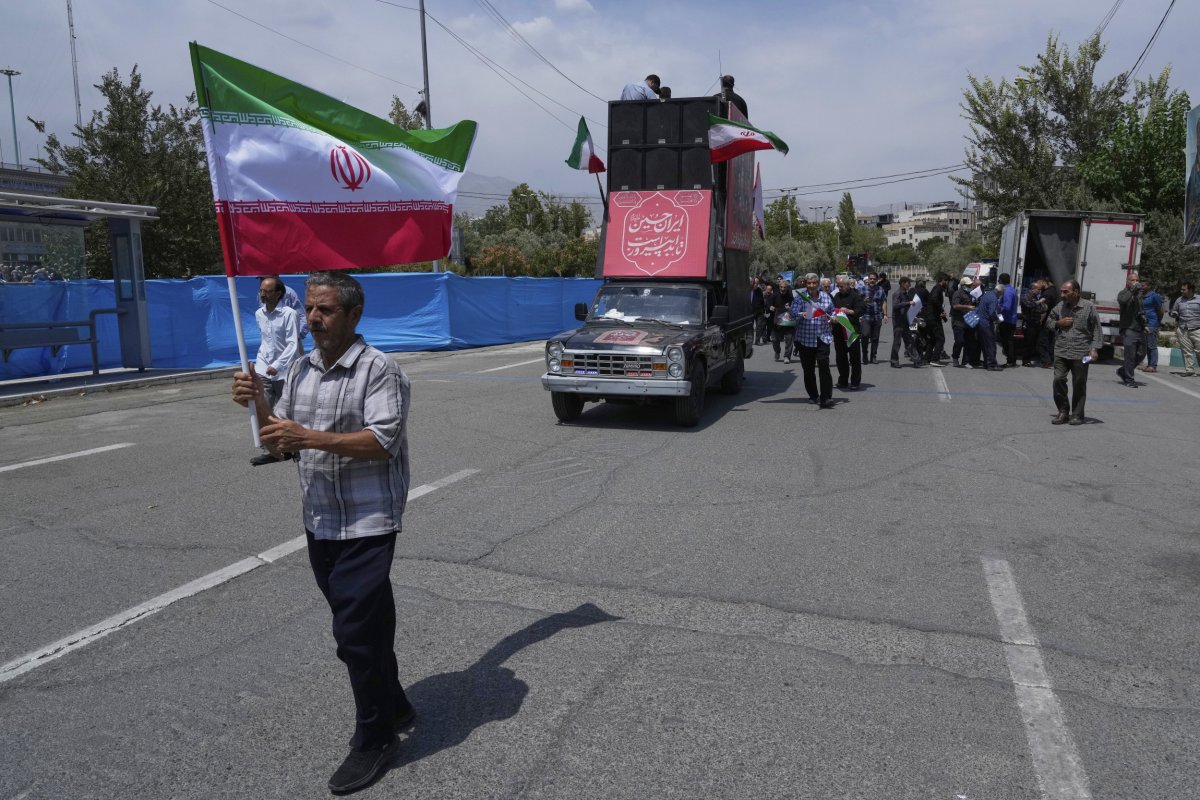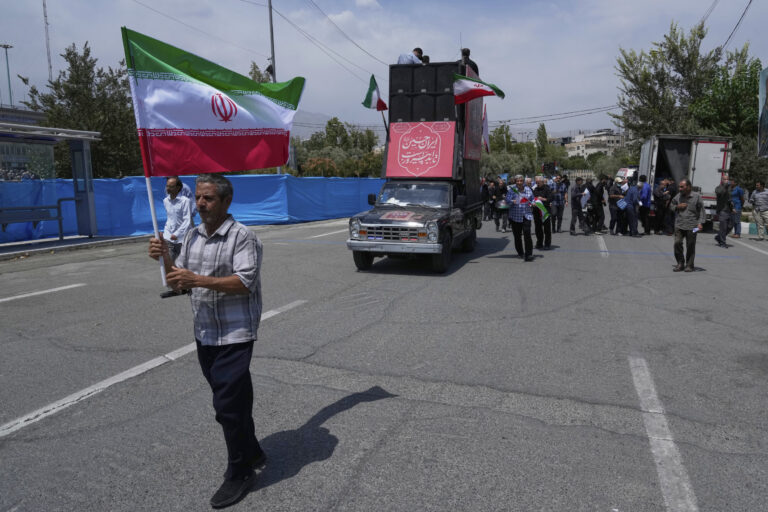Iran said it won’t base its economic strategy on any resumption of nuclear talks with the U.S. and warned it has ways to overcome sanctions if Washington rejects its conditions.
“We are currently under sanctions, but we are still carrying out our economic and commercial activities and selling our oil,” Iran’s Deputy Foreign Minister Kazem Gharibabadi told Iranian Labor News Agency (ILNA).
Newsweek has contacted the U.S. State Department for comment.
Why It Matters
While Iran has not demanded sanctions relief as a precondition for talks, it views lifting sanctions as a key objective of negotiations. Nearly seven months into President Donald Trump’s second term—which began with public overtures toward Iran and promises of a new Middle East peace framework—diplomatic progress remains stalled after strikes by Israel and the U.S. deepened mistrust, with Tehran signalling it won’t submit to Washington’s demand for zero uranium enrichment.
With a fragile ceasefire in place, there is the potential for renewed military action to erupt at any moment and develop into a broader confrontation.

Vahid Salemi/AP Photo
What To Know
Gharibabadi, a member of the Iranian negotiating team that held talks with the U.S. prior to strikes on its nuclear facilities, said Tehran remains able to carry out economic and trade activities—including continuing oil exports—even under sweeping sanctions.
“They wanted to reduce our oil sales to zero, but they couldn’t. Because there are different capacities. We should not tie all the country’s destinies to negotiations,” he said in an interview with the Iranian Labor News Agency (ILNA).
The U.S. issued a new round of sanctions targeting over a hundred individuals, entities and vessels linked to Iran’s oil and petrochemical sectors, a measure Iran said was an “assault on the Iranian people.”
Gharibabadi suggested Iran is awaiting a possible response to the preconditions it has set for resuming nuclear talks, including financial compensation and guarantees against military attack. The U.S. has rejected Iran’s call for financial compensation, calling the request “ridiculous.”
What People Are Saying
Iran’s Deputy Foreign Minister of Legal and International Affairs Kazem Gharibabadi told ILNA: “If we were able to lift the sanctions through negotiations, that would be great, and this is not a bad step, and we should do it. But if they want to take advantage of the negotiation platform, we should naturally not tie everything to negotiations.”
U.S. State Department Tammy Bruce told reporters on July 31: “What I can say is that any demands for financial compensation from the United States to the Iranian regime are ridiculous. If the Iranian regime really wanted to save money or alleviate some of the sanctions policy, they would stop taking destabilizing actions.”
What Happens Next
Iran is risking further international sanctions if it fails to reach a nuclear agreement with European countries.


